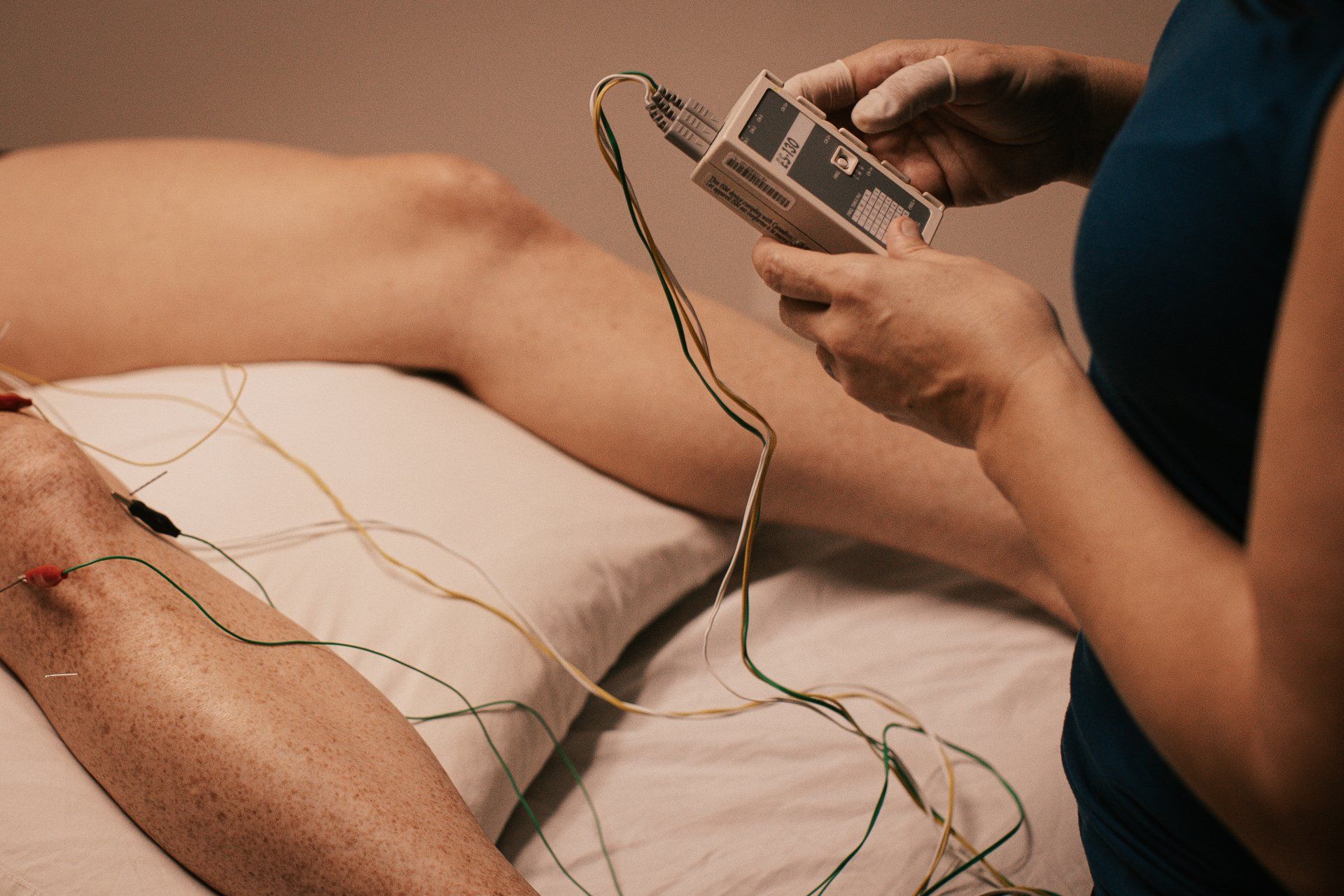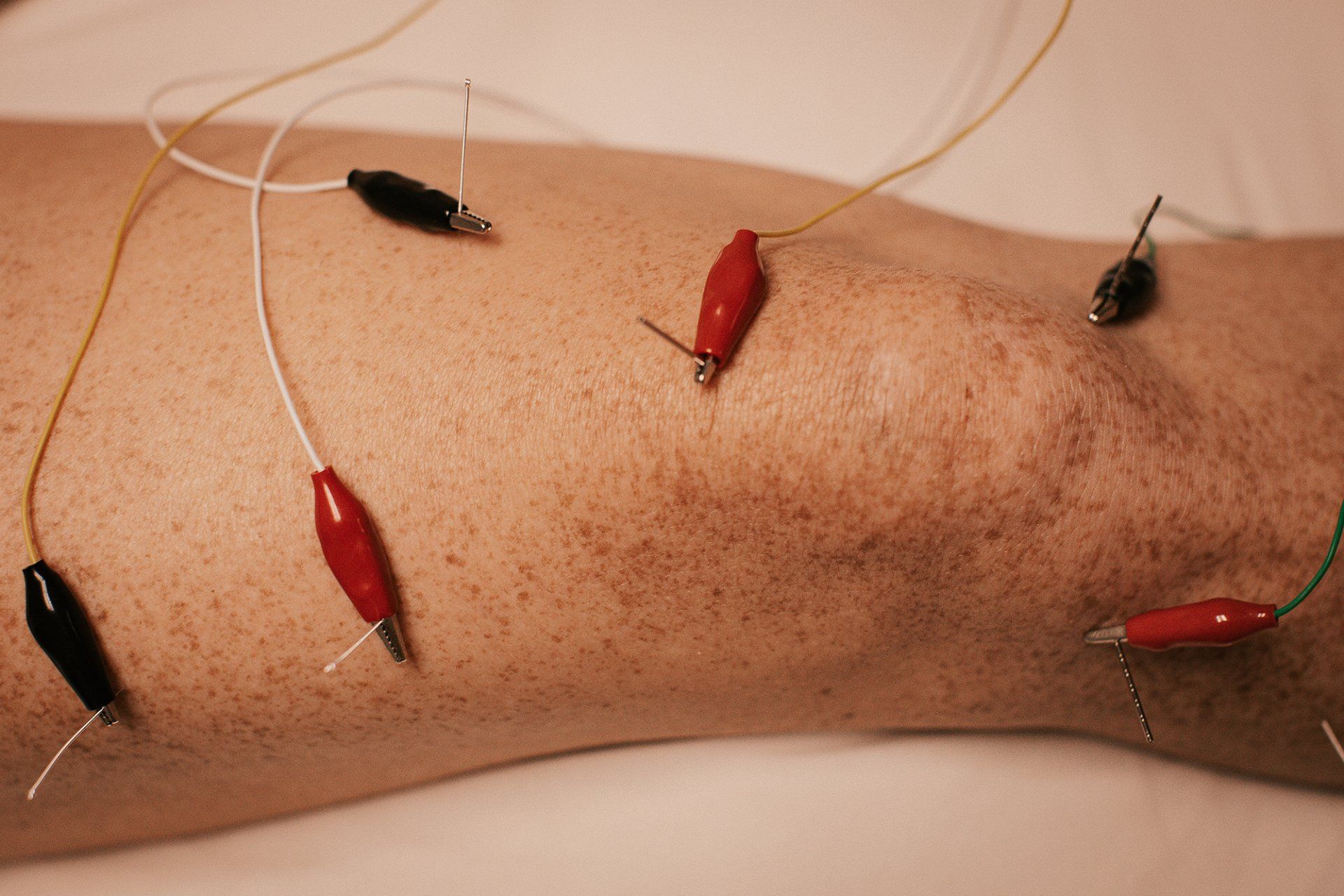Dry Needling Treatment Information
- Multiple Certifications
- Over 20 Years of Therapy Experience
- Licensed Provider
Dry Needling to Treat Painful Knots on the Body
If you're experiencing painful knots in your tendons, ligaments, or nerves, dry needling is a helpful treatment option. The procedure involves the insertion of needles precisely into the area of pain, also known as a myofascial trigger point. Shannon at Shannon McLean Physical Therapy has been CERT-DN certified in dry needling for 10 years.
Dry needling can also treat neck pain, shoulder injuries, elbow injuries, carpal tunnel syndrome, lower back pain, knee pain, headaches, and more. Request a call back from us today to begin your service, or call or text us at (602) 751-5328.
Is Dry Needling Safe?
For our dry needling procedure, we use single-use, disposable needles. The procedure is safe but side effects are still possible. They include:
- Drowsiness, fatigue, or dizziness (probability of 1-3%), which may occur in a small number of patients after treatment. We are advise you not to drive if you experience these symptoms.
- Minor bleeding or bruising after the procedure of treatments (probability of 15-20%). This is considered normal and not an issue to be concerned about.
- Temporary pain, which may occur during or after dry needling treatment.
- Fainting (probability of 0.3%), especially in those who are prone to fainting spells.
A rare serious side effect from dry needling is pneumothorax, when the lungs collapse due to air in the chest wall. Pneumothorax caused by dry needling commonly occur after a treatment session and may take several hours to develop. The signs and symptoms may include shortness of breath when exerting muscles, increased breathing during mundane activities, chest pain, dry cough, bluish discoloration of the skin or excessive sweating.
Damage to internal organs has been reported in medical literature following dry needling. However, this is extremely rare (1 in 200,000).
If you experience these symptoms, you should immediately contact your doctor. Nerves or blood vessels may be damaged from dry needling which can result in pain, numbness, or tingling; this is rare and often temporary.



Share On: